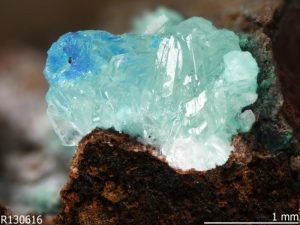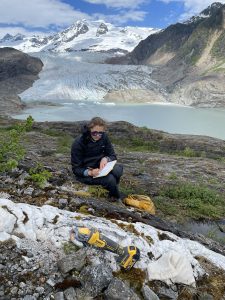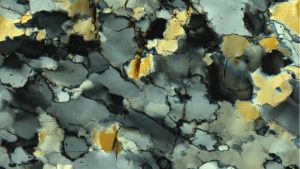Graduate Program Learning Outcomes
Master of Science (M.S.)
- Know: Students will demonstrate advanced knowledge of a sub-discipline of the Earth and climate sciences.
- Propose: Students will develop and write a thesis proposal related to a sub-discipline of the Earth and climate sciences.
- Implement: Students will demonstrate the ability to implement scientific approaches to address scientific questions and/or hypotheses, and carry out a research plan from start to finish.
- Analyze and Quantify: Students will demonstrate competence in the collection, synthesis, interpretation, and contextualization of data (quantitative and/or qualitative).
- Critique: Students will be able to apply critical thinking skills to assess work done by others in their sub-discipline.
- Communicate: Students will effectively communicate their research purpose, activity, and results, through both oral and written means, to audiences both inside and outside of Earth and climate science fields.
- Experience: Students will gain leadership experience, such as teaching, field work, grant writing, laboratory management, and project management.
Doctor of Philosophy (Ph.D.)
- Know: Students will demonstrate advanced knowledge of a sub-discipline of the Earth and climate sciences, and a broader knowledge of a range of Earth science topics.
- Propose: Students will develop, write, and defend a thesis proposal related to a sub-discipline of the Earth and climate sciences.
- Implement: Students will demonstrate the ability to independently conceive professional-level research questions and hypotheses, implement scientific approaches to address these questions and/or hypotheses, and carry out a research plan from start to finish. The dissertation will comprise original research and show evidence of excellence in scholarship.
- Analyze and Quantify: Students will demonstrate competence in the collection, synthesis, interpretation, and contextualization of data (quantitative and/or qualitative).
- Critique: Students will be able to apply critical thinking skills to assess work done by others in their sub-discipline.
- Communicate: Students will effectively communicate their research purpose, activity, and results, through both oral and written means, to audiences both inside and outside of Earth and climate science fields.
- Experience: Students will gain leadership experience, such as teaching, field work, grant writing, laboratory management, and project management.





